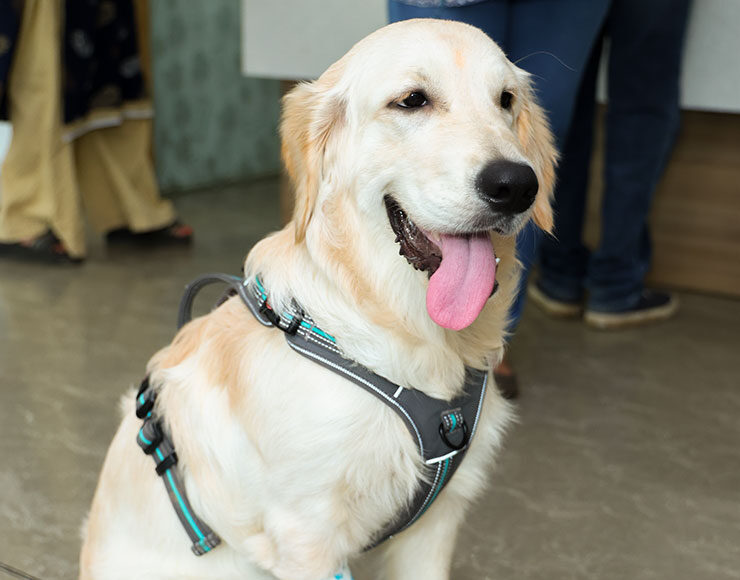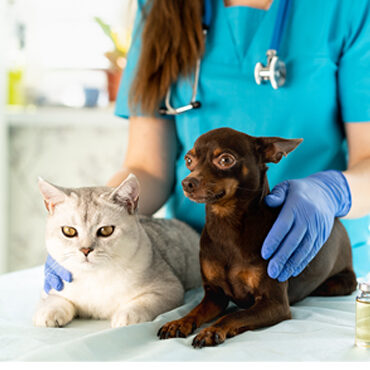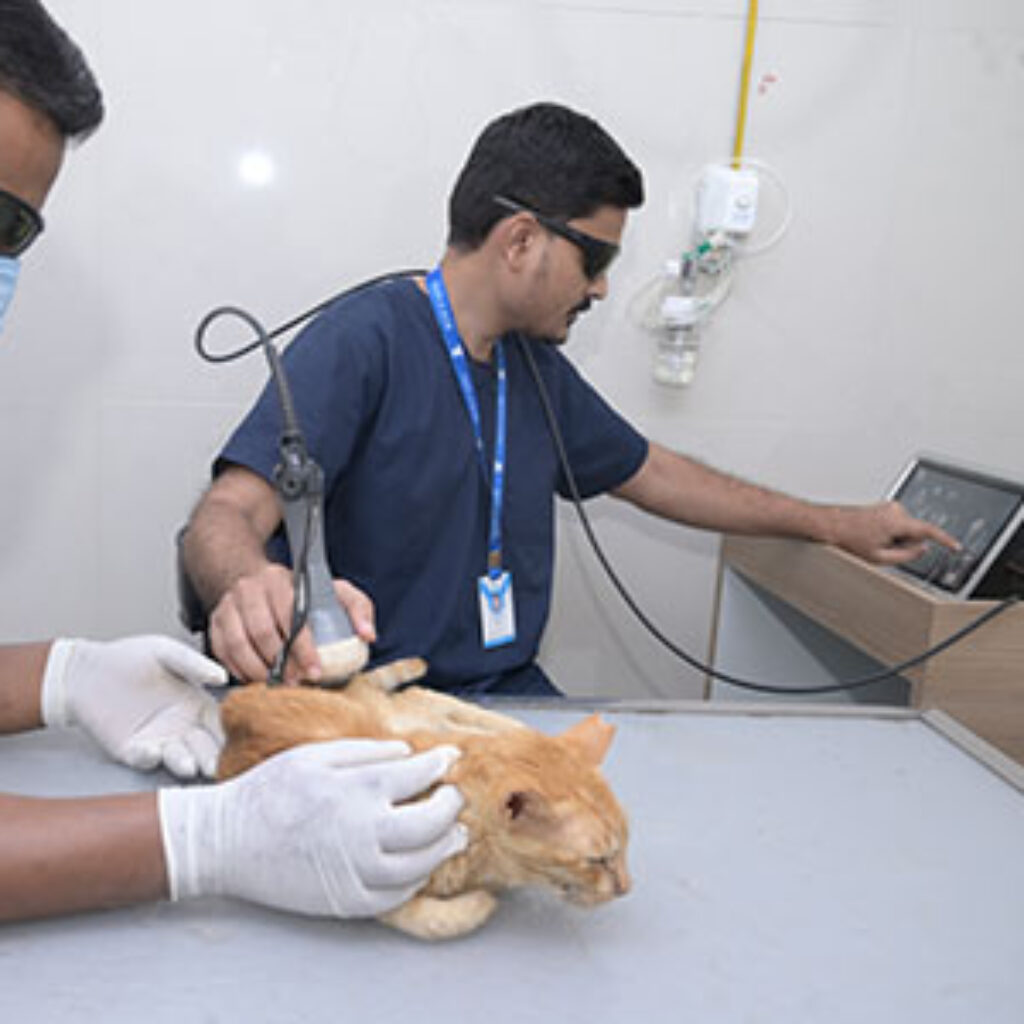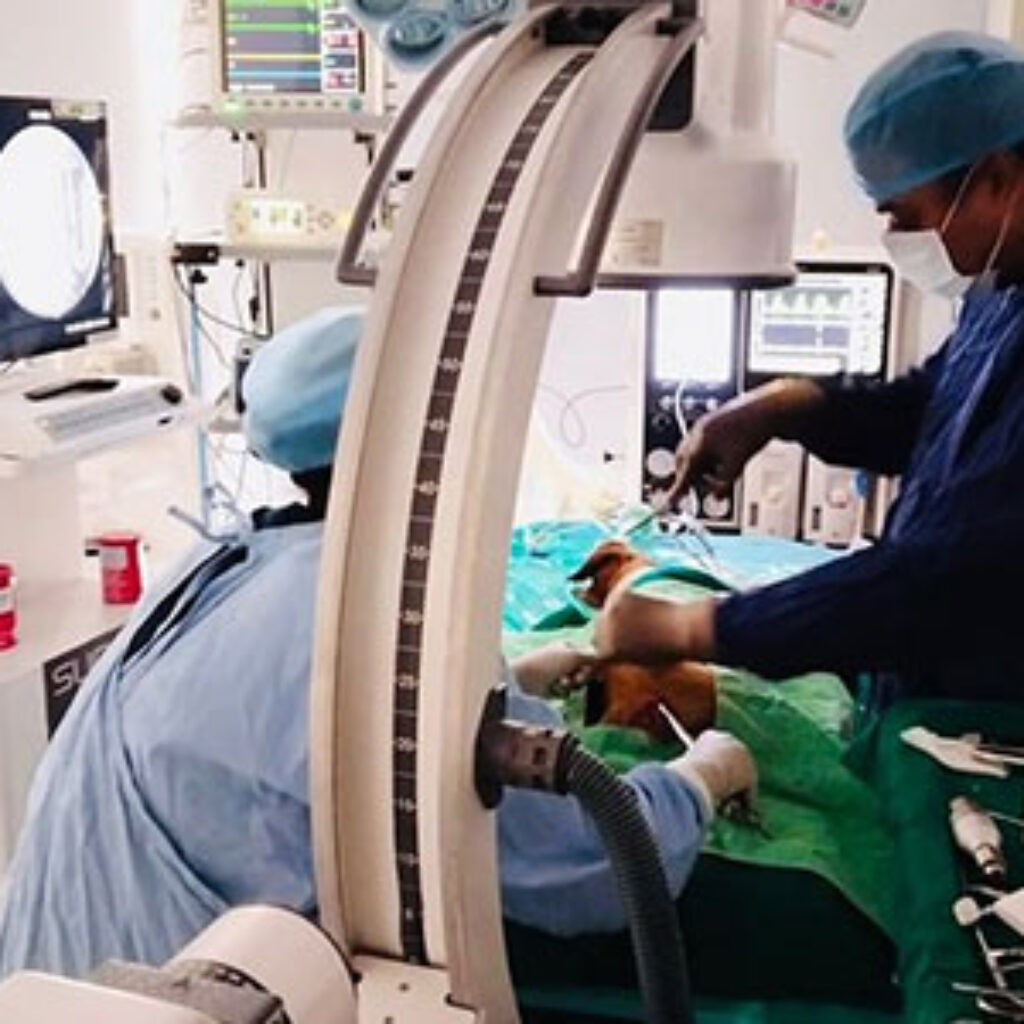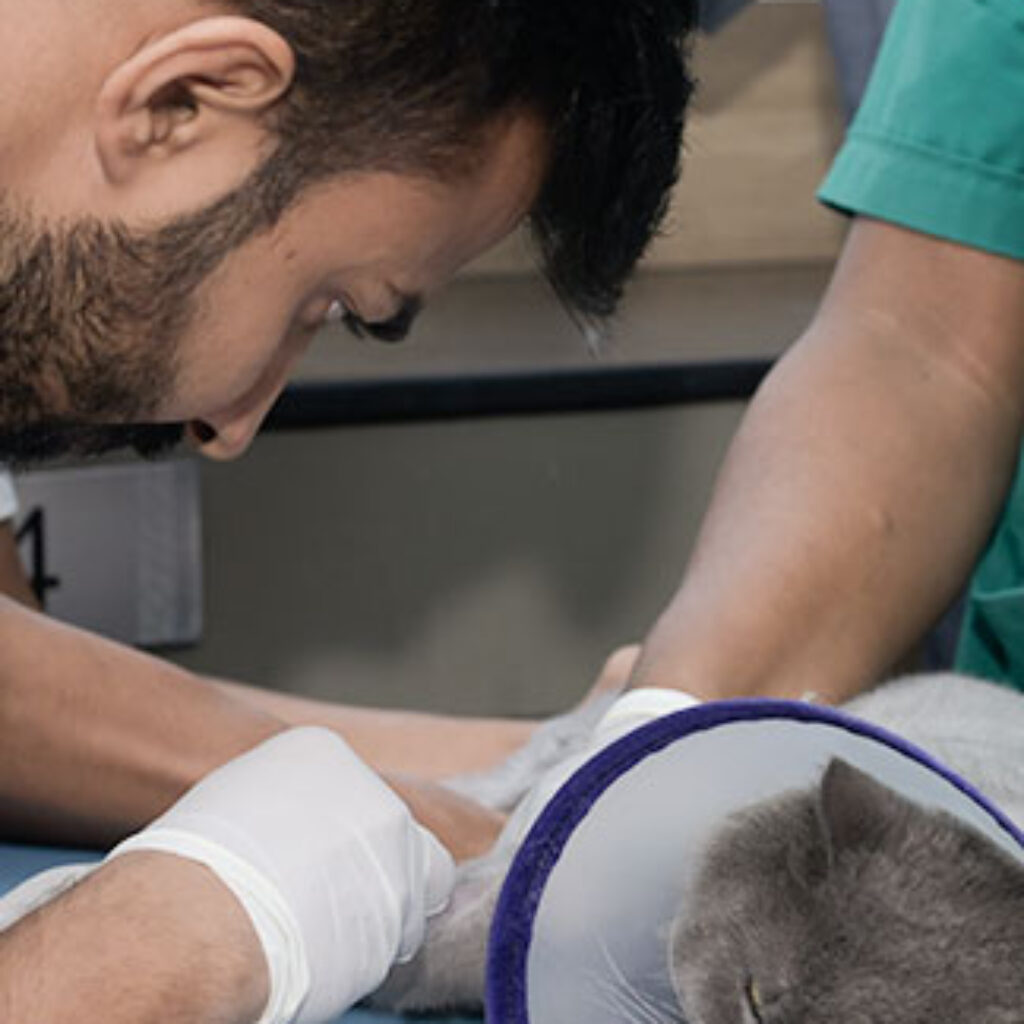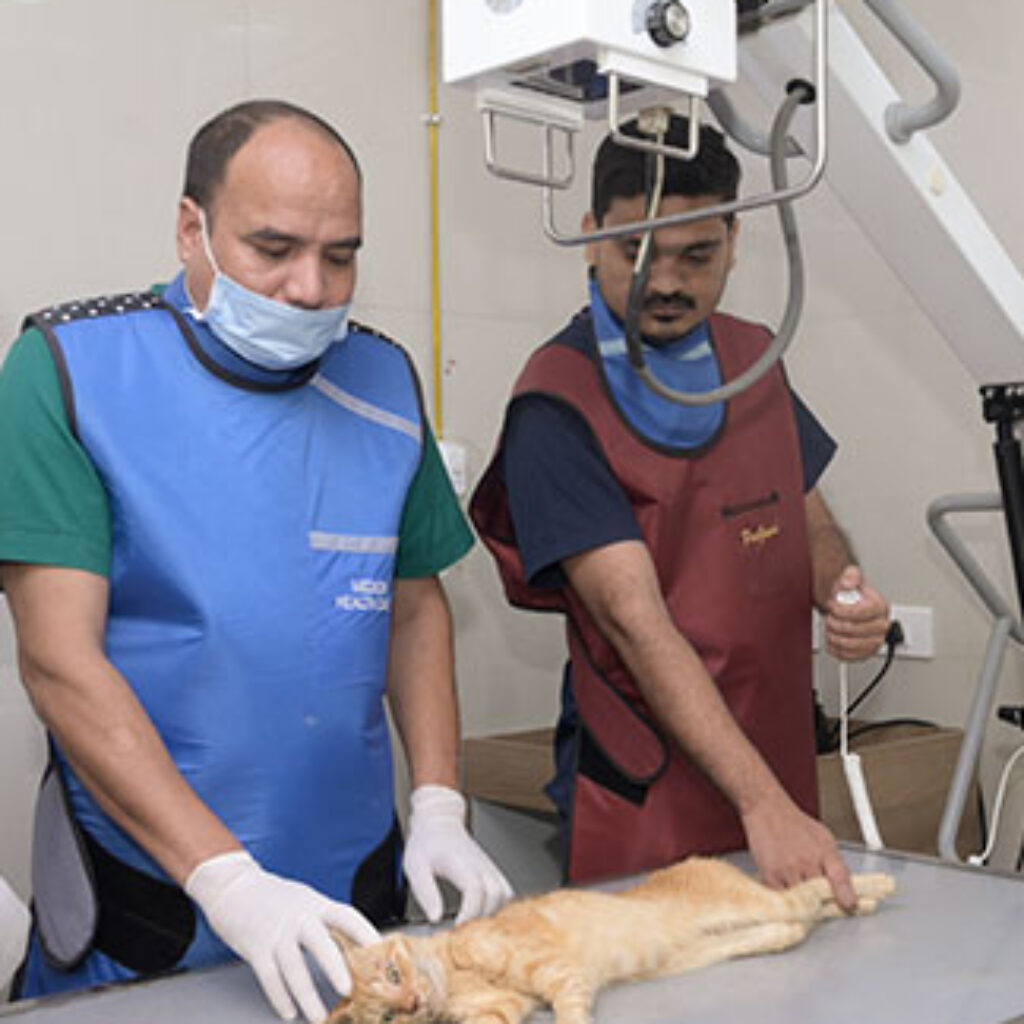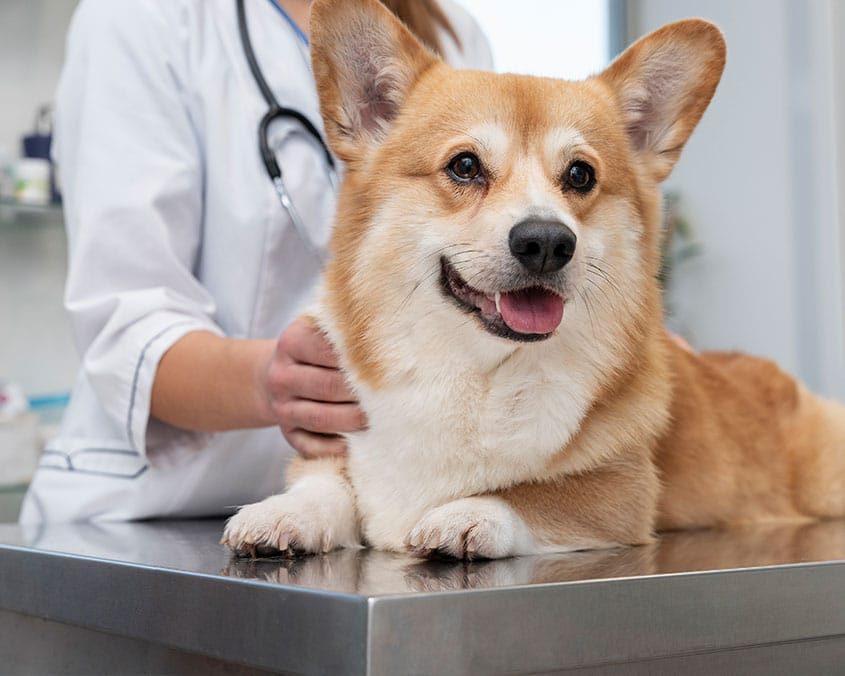Pawsitively Painless: Tips from vets to give medicines to your pet
Pawsitively Painless: Tips from vets to give medicines to your pet
Introduction
Having a pet suffering from any sort of ailment is a heartbreaking experience. What makes it more difficult for a pet owner is the challenge of ensuring that your pet is taking the medicine.
Administering medicines can be a challenging task but with the right approach, the process can be made much simpler and effective. Here are a few vet-approved tips to make taking medicine a stress-free experience for your pet:
Concealed in Tasty Treats
Your pet’s loved treats can be a simple and effective solution to feed them medicines. Wrap your pet’s medication in a delicious treat of their choice and watch them wolf it down easily. Soft treats can be particularly effective. Your pet gets a yummy surprise, and you ensure they get their medicine. The treat is an effective distraction from the medicine. Peanut butter, meatballs and cheese are all very good ways to mask the medicine in a treat your furry friend will love.
Pill Pockets
Designed to make the process of medications easier, pill pockets can easily be used to help administer meds to your pets. Invest in commercially available variants designed to hold medications. These are available in various flavors and can be a convenient and effective way to disguise pills. You can consult your vet for a suitable recommendation if you have a particularly fussy pet.
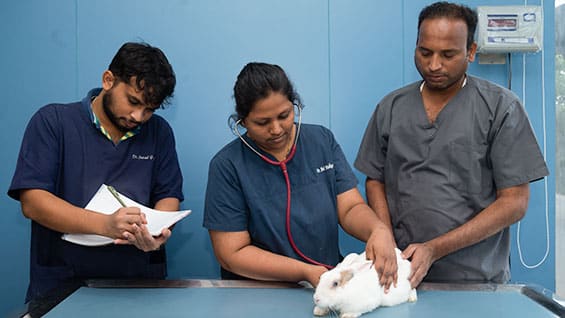
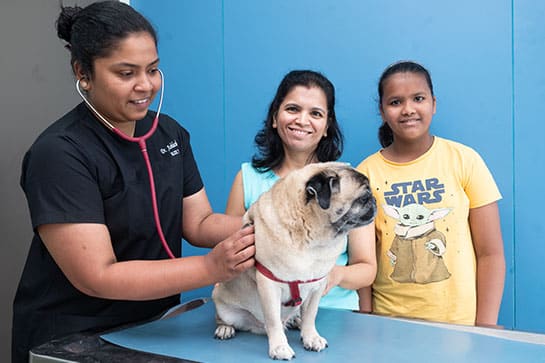
Fishy magic
The fish smell and the love for it among cats can be used to your benefit in administering medicines to them easily. For our feline friends, try using a bit of tuna or salmon juice to mask the taste of medications. You can also use any other strong-smelling variant available near you. Liquid medications can also be mixed into wet cat food.
Crushing Creativity
The easiest way out is to crush medication into powder. Check with your vet to ensure the medication can be crushed. If so, crush the pill and mix it with a small amount of your pet’s favorite food. Be sure to verify that the medicine can be crushed and follow instructions accordingly
Frozen Delight
Hide the medication in a small amount of soft food and freeze it. Pets often enjoy the challenge of licking or chewing their way to the hidden treasure. It is particularly effective in the hotter weather when the icy treat will help them fight the summer heat
Playful Distractions
Incorporate playtime into the medication routine. Use a favorite toy or engage in a short play session before offering the treat with the hidden medication. A distracted pet will easily consume the treat with the medication. Playing with them increases the chance of them taking the medicine without further complication. Follow it up with positive reinforcement like adequate praise and affection so that they develop positive associations with the process.
With a touch of creativity and a dash of patience, giving your pet medications can become a bonding experience rather than a source of stress. Experiment with these vet-approved tips, and remember, the key is to make the experience enjoyable for your pet. If you ever have concerns or difficulties, consult with your veterinarian for personalized advice and alternative solutions.



